Les compléments protéinés sont une solution rapide pour garantir que votre corps soit rassasié et nourri. Les gens les utilisent pour de nombreuses raisons différentes. Certains les utilisent pour améliorer leur condition physique et leurs performances en musculation, d'autres pour perdre du poids et leur santé en général.
Il existe aujourd'hui des centaines d'options différentes sur le marché. Il peut être difficile de décider quel complément protéiné vous convient le mieux. Chaque individu a ses propres objectifs de santé et de forme physique, ses préférences et sa physiologie. Il n'existe pas de type de complément protéiné qui soit la solution parfaite pour tout le monde. Il est important de savoir lequel vous convient le mieux et comment il se compare aux options de protéines à base d'aliments entiers .
Quels sont les types de protéines ?
La plupart des compléments protéinés se présentent sous forme de poudre. Il s'agit d'éléments concentrés de protéines provenant de plantes ou d'animaux. Ils peuvent être fabriqués à partir de pois, de riz, d'œufs ou de produits laitiers. Certains compléments sont également enrichis en vitamines et minéraux comme le calcium.
Les trois compléments protéiques les plus courants :
Concentrés : ils sont fabriqués en extrayant les protéines d'aliments entiers en utilisant de l'acide, des enzymes et de la chaleur. Ils fournissent généralement la majorité des protéines, le reste étant constitué de glucides et de lipides.
Isolats : Un processus de filtrage supplémentaire est effectué pour éliminer les glucides et les graisses et concentrer la teneur en protéines. Les poudres d'isolats sont constituées presque entièrement de protéines pures.
Hydrolysats : ils sont créés en chauffant davantage les enzymes et l'acide qui dissout les liaisons entre les acides aminés. Cela permet aux hydrolysats d'être rapidement absorbés par les muscles et le corps. Cela augmente le niveau d'insuline, en particulier dans le cas des protéines de lactosérum. Cela favorisera la croissance des muscles après l'entraînement.
Quels sont les types de protéines les plus populaires ?
Protéine de lactosérum :
C'est l'une des deux protéines présentes dans les produits laitiers (l'autre étant la caséine). La protéine de lactosérum a une teneur élevée en acides aminés comme la leucine qui contribuent à la synthèse des protéines musculaires. Elle est populaire car elle est rapidement absorbée et aide le système immunitaire. Si elle est prise avant une séance d'entraînement, elle stimule la synthèse rapide des protéines ; si elle est prise après, elle favorise la croissance et la récupération musculaires.
Isolat de lactosérum :
Il s'agit de la forme de protéine la plus pure que vous puissiez consommer. Sa différence avec la protéine de lactosérum est due à sa teneur en protéines plus concentrée. Elle contient également moins de matières grasses, de glucides et de cholestérol. Elle est parfaite pour les personnes intolérantes au lactose ou limitant leur consommation de glucides. Ce type de supplément protéique peut être pris avant ou après une séance d'entraînement et même avant de se coucher.
Protéine végétalienne :
Ce type de complément est idéal pour les végétariens ou les végétaliens qui souhaitent s'assurer d'avoir suffisamment de protéines dans leur alimentation. Les protéines contenues dans ce complément proviennent du riz et des pois, ce qui en fait une excellente source de fibres et facile à digérer. Il peut contenir moins de calcium que les autres types, mais sa teneur en fer est plus élevée.
Que devez-vous rechercher lors du choix d’un supplément protéique ?
De nombreux compléments protéinés sont fabriqués à partir de différents ingrédients. Certains sont adaptés à un régime végétalien, d'autres aident à perdre du poids ou à développer les muscles. Si une personne cherche à développer sa masse musculaire, la protéine de lactosérum est la meilleure solution. Regardez les étiquettes pour voir si les ingrédients sont biologiques ou nourris à l'herbe.
Si vous cherchez à perdre du poids, vous ne devez pas prendre de compléments protéinés riches en calories ou en sucre. Un complément pauvre en sucre et en calories, associé à de l'exercice, peut favoriser la perte de poids.
Si vous êtes végétalien, recherchez des protéines en poudre biologiques à base de plantes, comme le riz, le chanvre, les pois ou le soja.
Faites attention aux ingrédients. Lisez l'étiquette avant de mettre le produit dans le mixeur ! Les fabricants ajoutent souvent des agents de remplissage à leurs compléments alimentaires. Cela peut être dû au fait d'améliorer la saveur, de réduire les coûts ou de prolonger la durée de conservation du produit. Ces types d'agents de remplissage peuvent rendre le complément alimentaire plus cher et votre corps peut avoir du mal à décomposer ces additifs et agents de remplissage.
En tant que consommateur, les principales choses à rechercher sont que votre supplément protéique :
- Est exempt de sucres ou d'additifs
- Est principalement composé de protéines
- Contient des ingrédients que vous connaissez et pouvez prononcer !
Les hommes et les femmes devraient-ils choisir des protéines différentes ?
Les hommes consomment généralement plus de nourriture par jour que les femmes, car ils pèsent généralement plus. Mais une femme qui pèse le même poids qu'un homme devrait consommer la même quantité de protéines qu'un homme du même poids (en supposant les mêmes objectifs de remise en forme, bien entendu).
En ce qui concerne les besoins physiques, les femmes et les hommes sont généralement les mêmes en matière de nutrition.
Mais si les femmes ajoutaient plus de protéines à leur régime alimentaire parce qu'elles pratiquaient des exercices de musculation, les effets seraient positifs. Mais il en va de même pour les hommes. Ils gagneraient à la fois de la masse musculaire maigre et perdraient plus de graisse corporelle en raison de la quantité accrue de protéines dans leur alimentation quotidienne.
Mais les hommes et les femmes ont généralement des objectifs de remise en forme différents. Les femmes peuvent souhaiter d'autres avantages de leurs suppléments protéinés, comme un apport supplémentaire en collagène et une teneur en glucides plus faible. Mais le fait est qu'il n'existe pas de protéines spécifiques pour les hommes et d'autres pour les femmes. Tout dépend de vos objectifs de santé et de remise en forme.
Quel type de protéine choisir pour perdre du poids ?
Une façon savoureuse et pratique de perdre du poids peut être obtenue en augmentant l'apport en protéines. Bon nombre de ces types de suppléments permettent de contrôler l'appétit et d'augmenter l'énergie. Voici quelques options pour vous aider à démarrer :
Protéines à base de café : ces types de protéines sont riches en caféine, qui stimule le métabolisme. Ce stimulant augmente votre endurance pendant l'exercice. Il diminue également votre appétit, ce qui vous permet de consommer moins de calories par jour.
Protéine de lactosérum : elle est facile à digérer et à absorber rapidement. Elle aide à développer la masse musculaire et à brûler les graisses. Elle diminue l'appétit et crée une sensation de satiété plus longue. Vous pouvez également constater une amélioration de votre taux de sucre dans le sang et de votre taux de cholestérol.
Protéine de caséine : excellente source de calcium, ce type de protéine se digère plus lentement mais possède de nombreuses propriétés amaigrissantes similaires à celles du lactosérum. La caséine caille lorsqu'elle est exposée à l'acide de votre estomac, ce qui peut prendre 6 à 7 heures pour se décomposer. Vous vous sentirez ainsi plus rassasié et mangerez moins pendant la journée.
Protéine de soja : c'est l'une des rares protéines végétales qui contient les neuf acides aminés essentiels. Elle est parfaite pour les végétaliens qui ne consomment pas de produits laitiers. Elle n'est pas aussi puissante qu'un coupe-faim comme le lactosérum, mais elle réduit l'appétit en maintenant un faible apport calorique. La protéine de pois est une autre option végétale.
Protéines enrichies en fibres : les légumes, les légumineuses, les fruits et les céréales sont d’excellentes sources de fibres. Elles permettent notamment de réduire le taux de cholestérol, de normaliser la santé intestinale et de contrôler la glycémie, autant d’éléments qui favorisent la perte de poids. Il a également été démontré que les fibres réduisent l’apport alimentaire, ce qui se traduit par un poids corporel plus sain. La combinaison des protéines et des fibres crée une synergie saine qui favorise la perte de poids.
Quel type de protéine vous aide à gagner du muscle ?
Si vous passez des heures à la salle de sport sans gagner suffisamment de muscle, cela peut avoir un rapport avec votre alimentation. Voici quelques compléments protéinés qui peuvent vous aider à atteindre vos objectifs plus rapidement.
Protéines de lactosérum : certaines peuvent contenir des glucides et des lipides, mais les meilleures sont les isolats et/ou les hydrolysats de protéines (protéines dans leur forme la plus pure). Ils sont absorbés rapidement et donnent les résultats les plus rapides.
Protéine de caséine : il est bon de la prendre avant de se coucher. Elle fournira un apport constant d'acides aminés pendant la nuit. On a également constaté qu'elle augmentait la masse musculaire si elle était ajoutée à votre shake de lactosérum après l'entraînement. Si elle contient de la caséine micellaire, elle sera lente à digérer.
Protéine de blanc d'œuf : plus lente que le lactosérum mais plus rapide que la caséine, ce type, lorsqu'il est combiné avec les deux, créera une combinaison de protéines rapides, lentes et moyennes pour maintenir votre masse musculaire en croissance 24 heures sur 24.


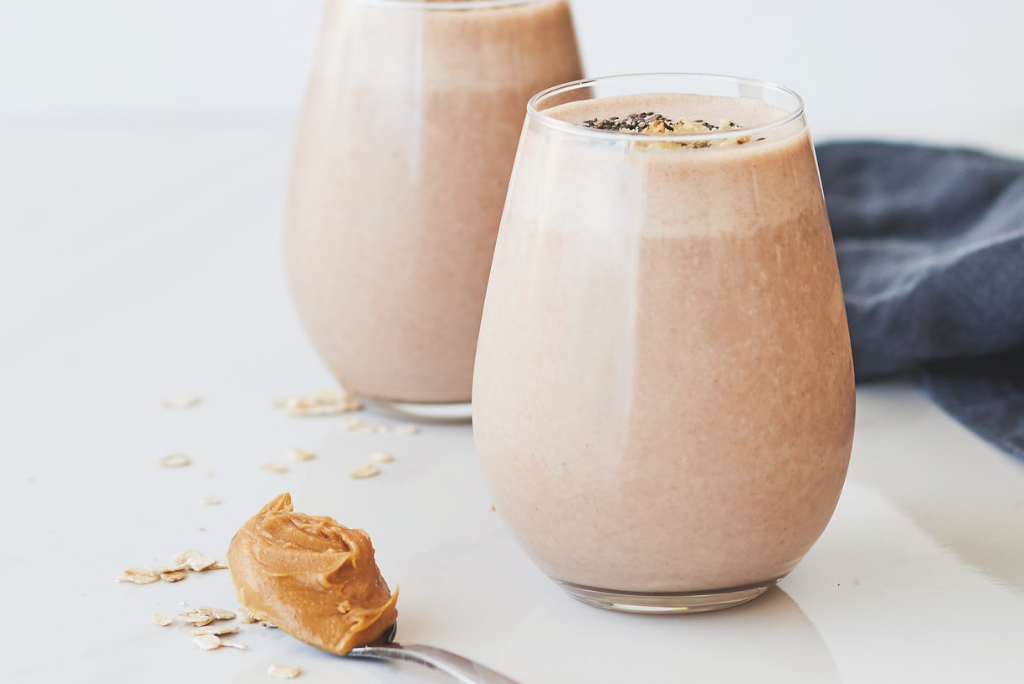

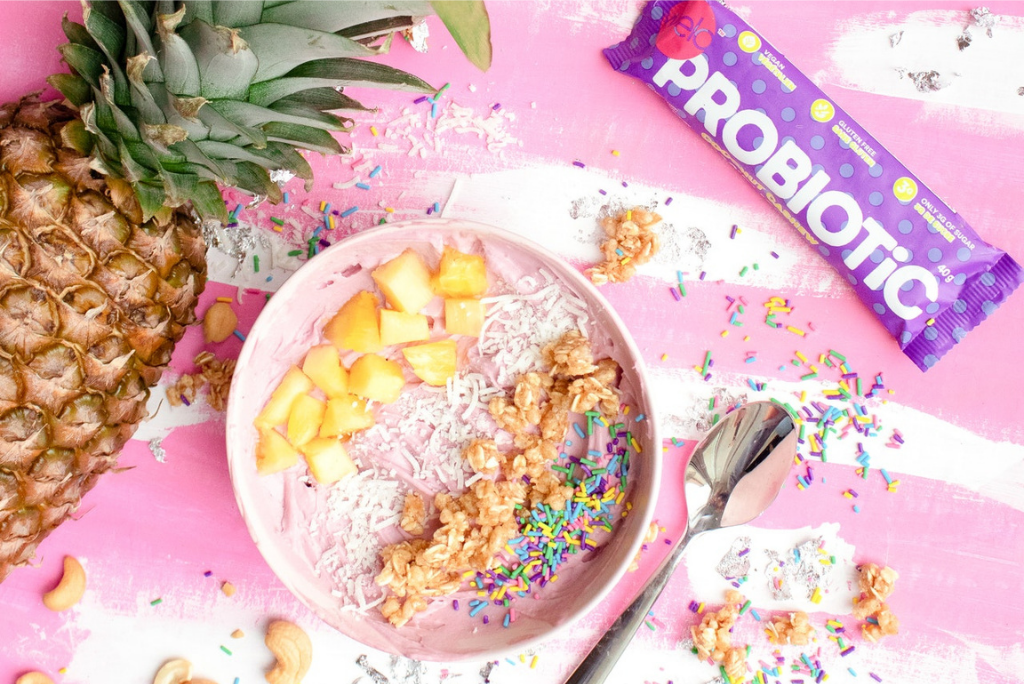
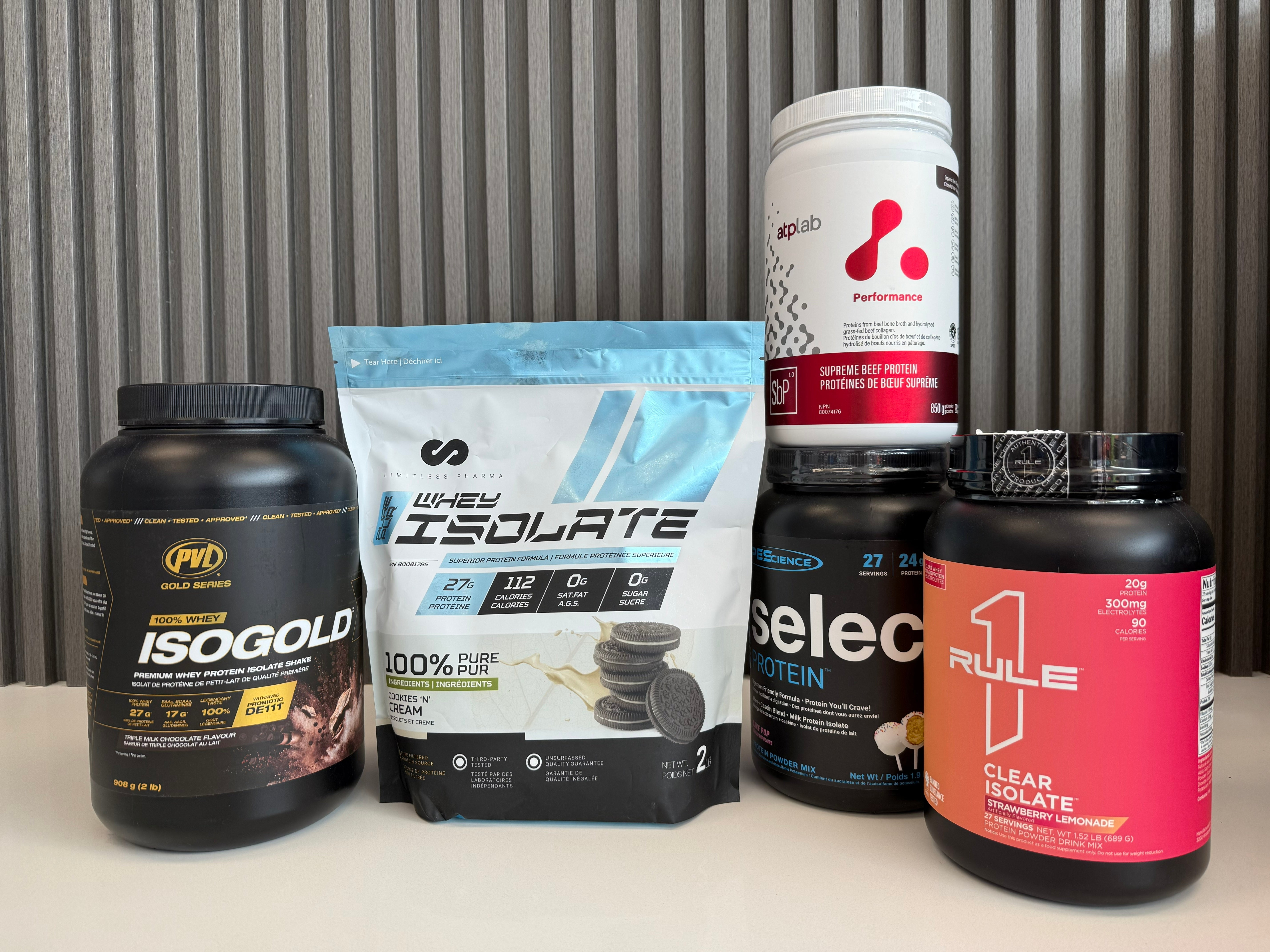
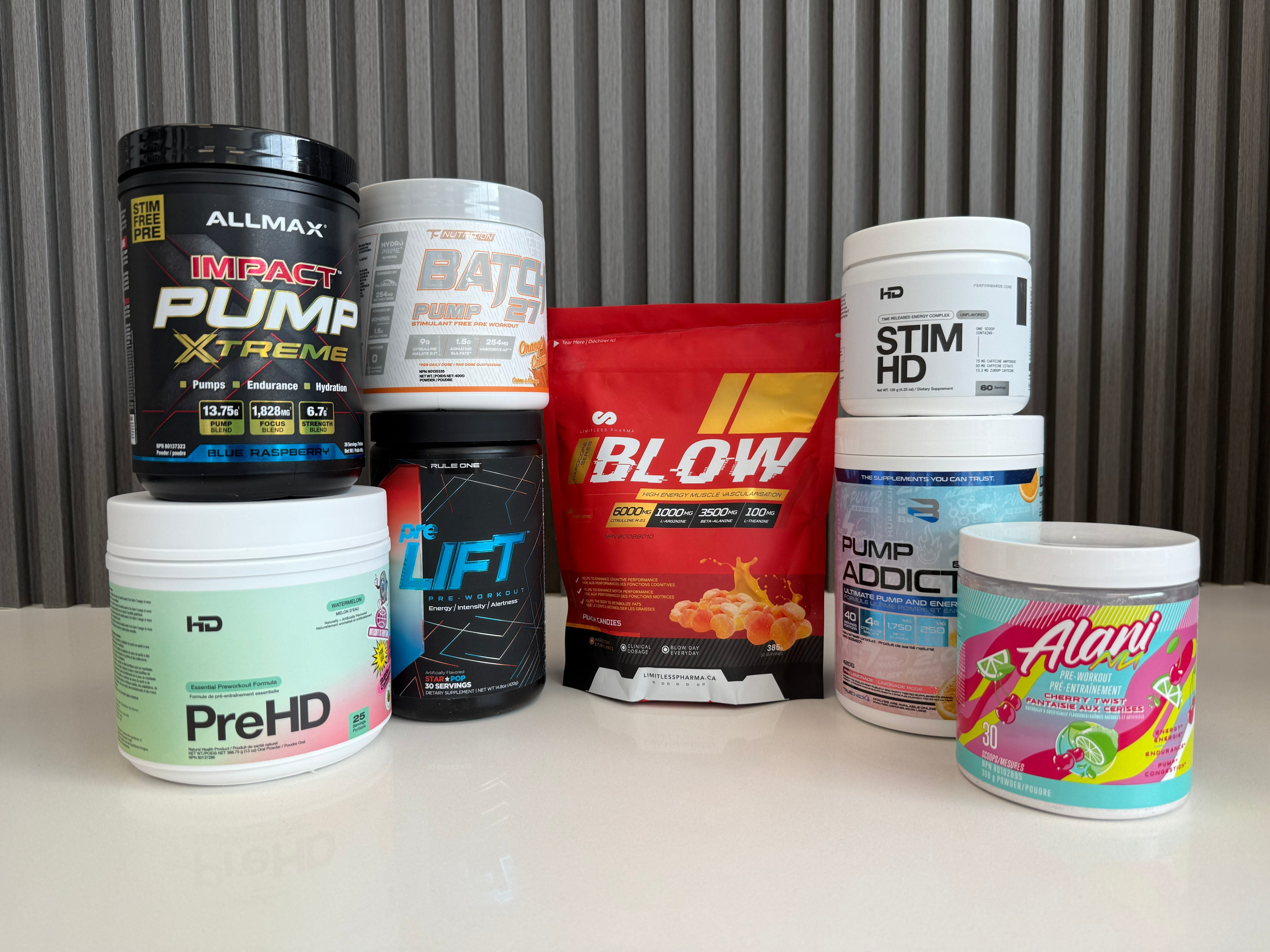
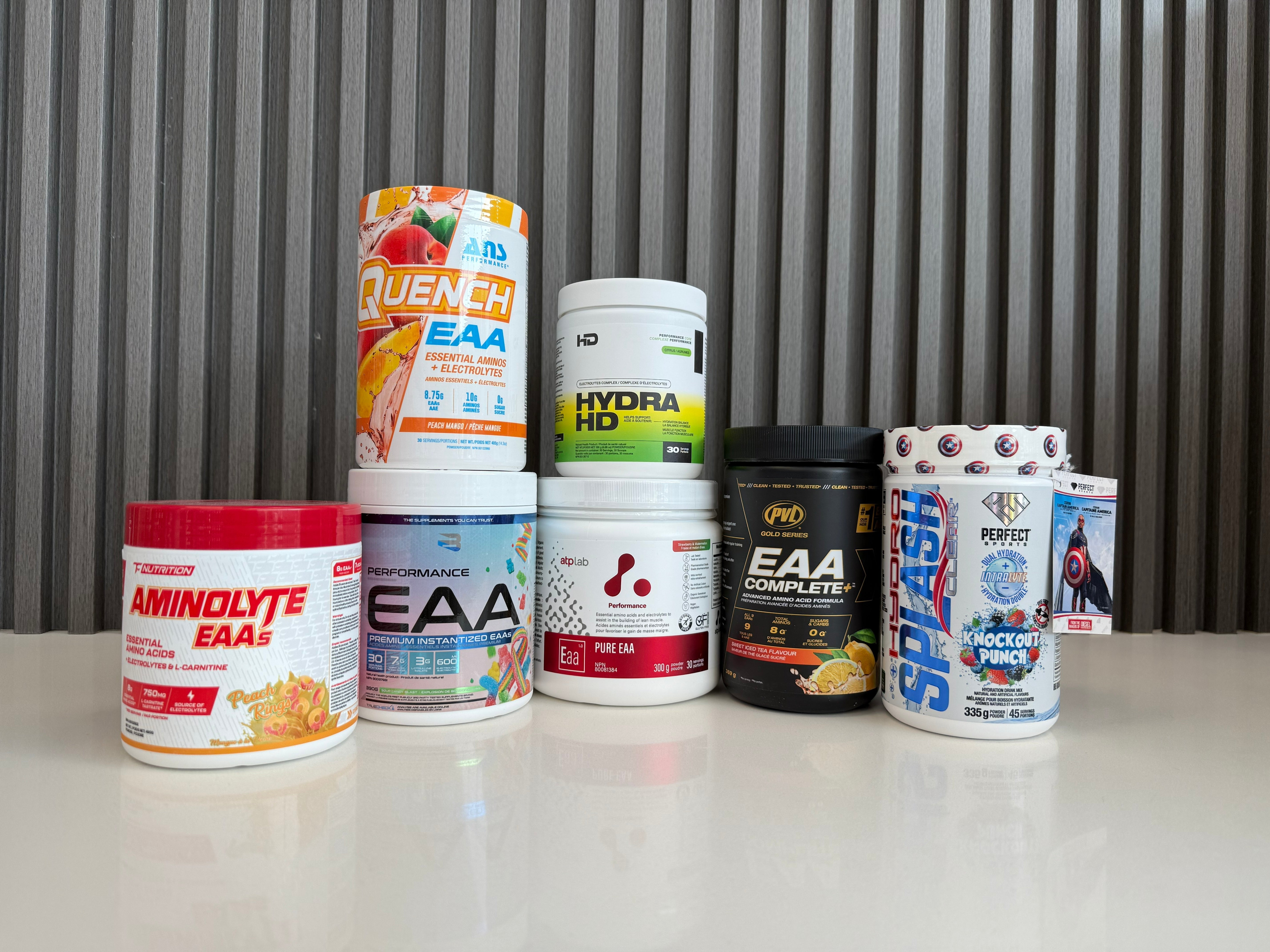
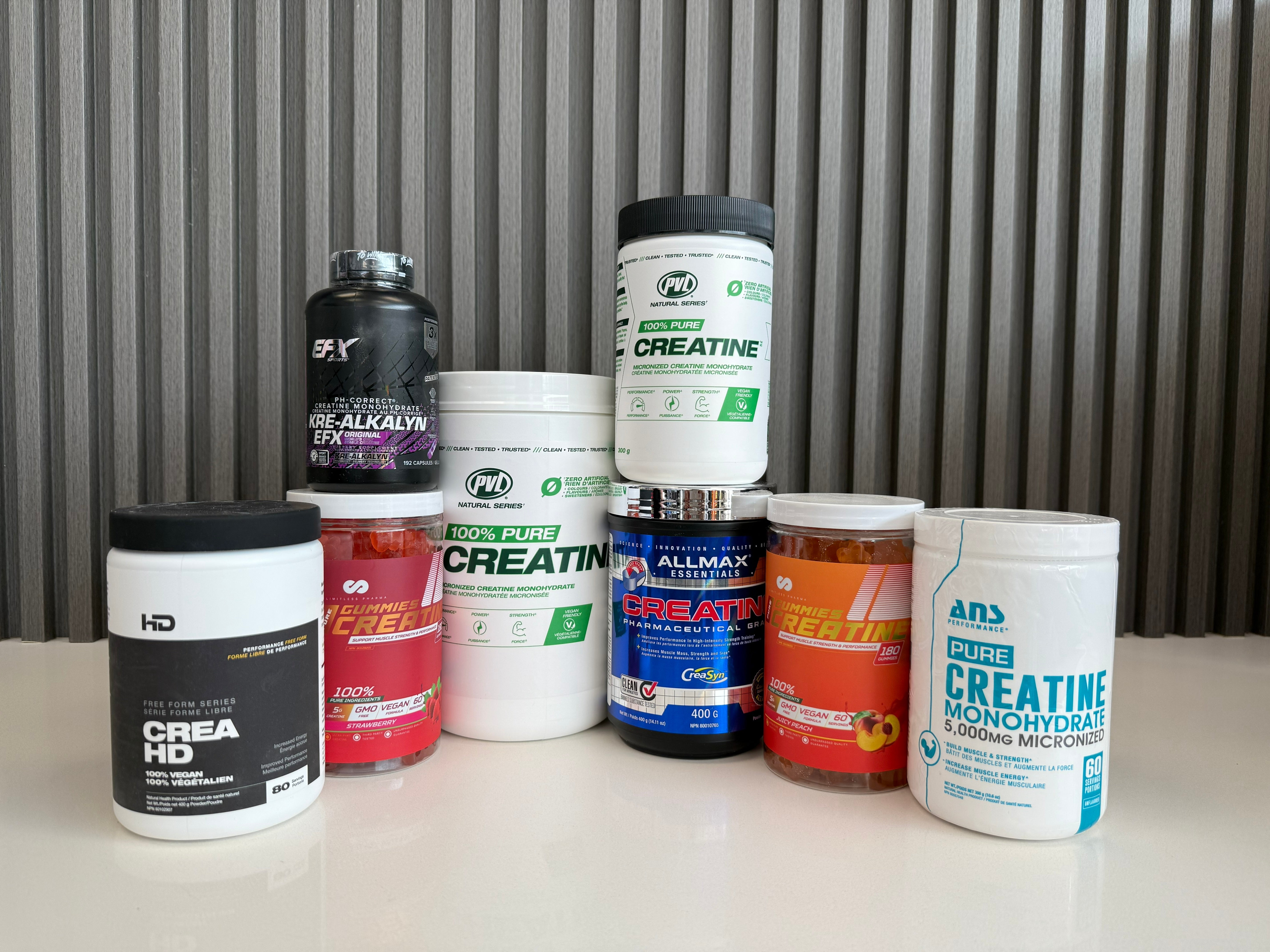
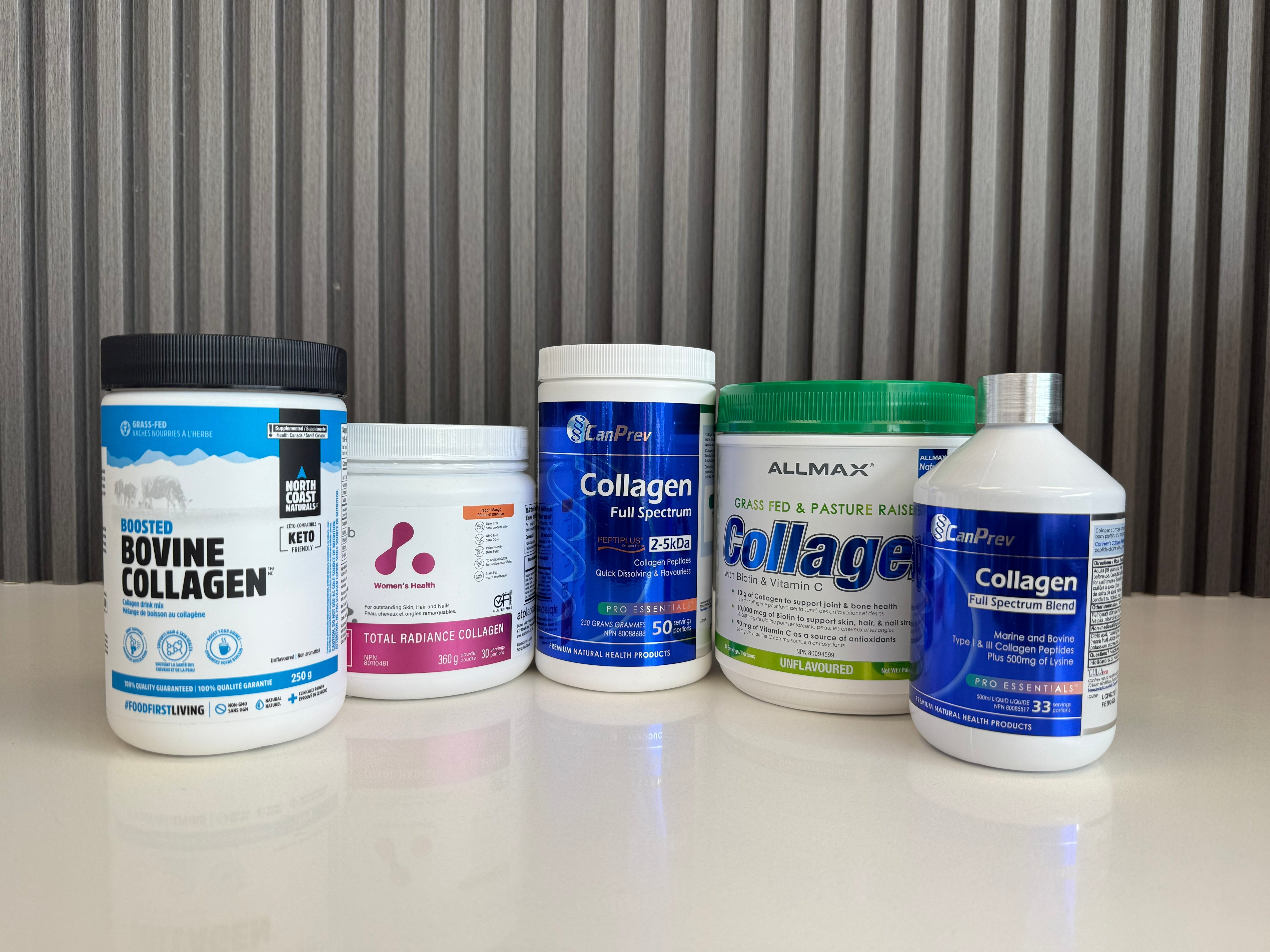
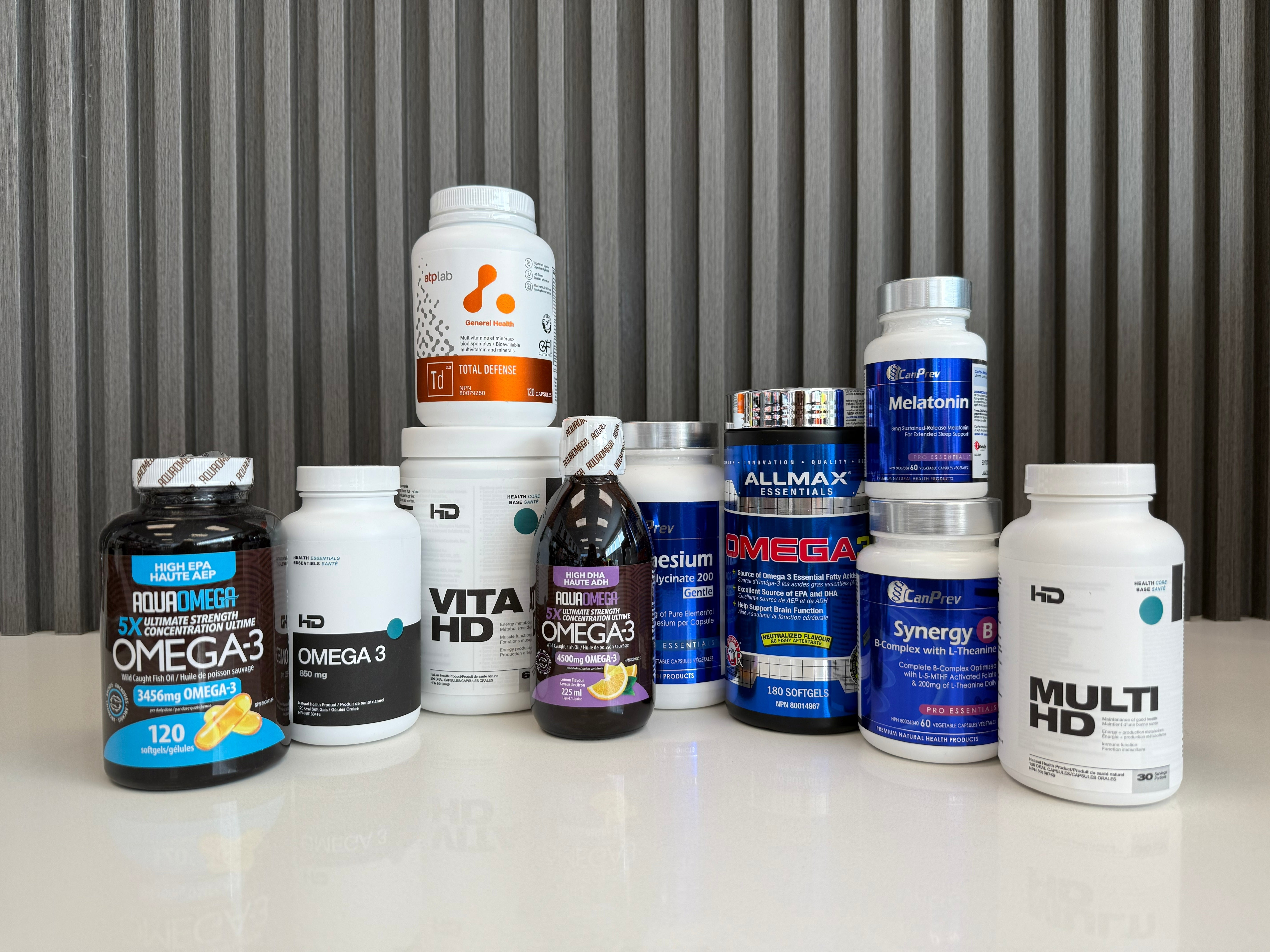
Laisser un commentaire
Tous les commentaires sont modérés avant d'être publiés.
Ce site est protégé par hCaptcha, et la Politique de confidentialité et les Conditions de service de hCaptcha s’appliquent.